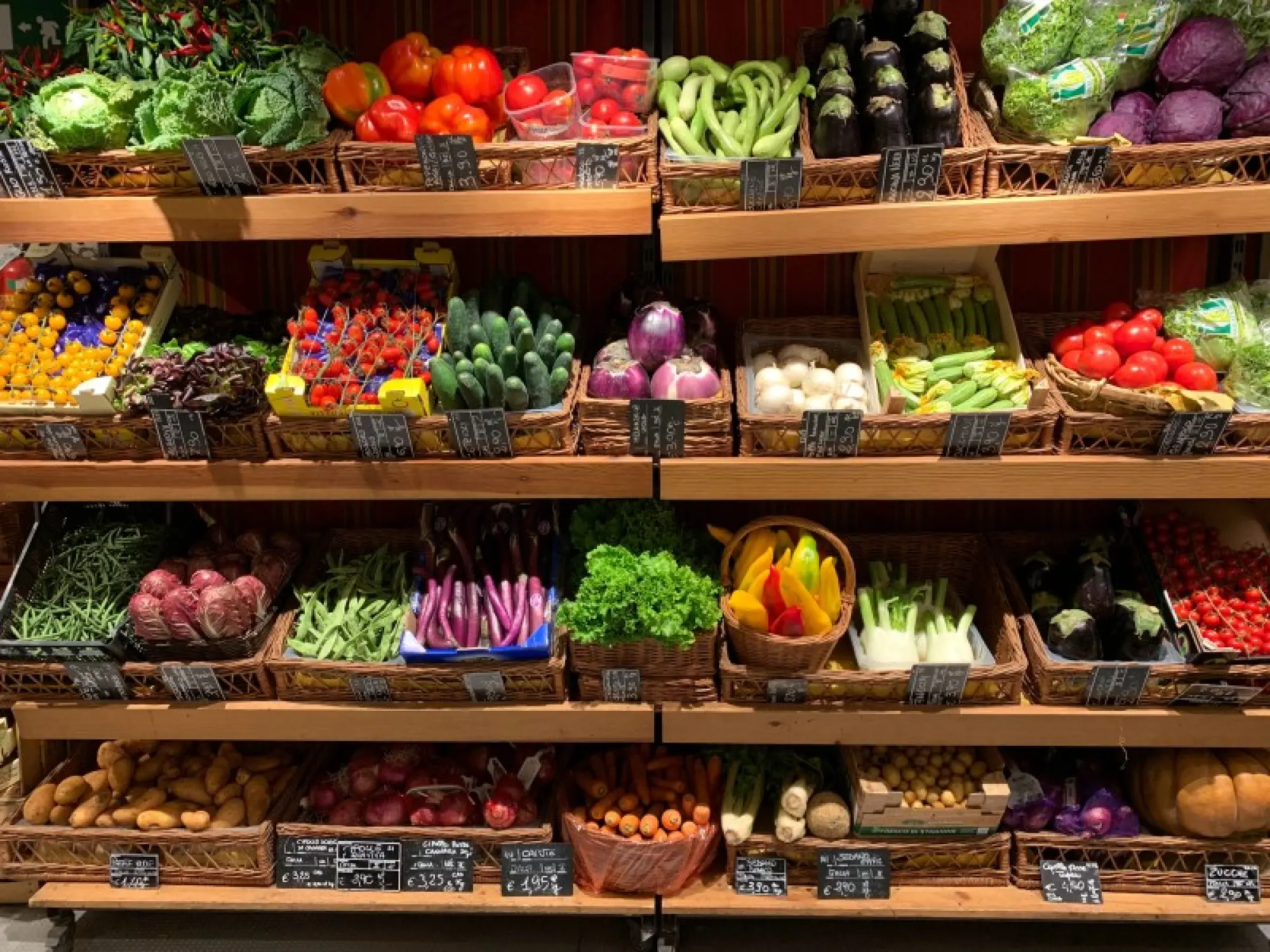Every September, the Soil Association celebrates organic food as part of ‘Organic September’…
In our latest article, Laura Kirwan PhD looks at the organic food movement and whether more restaurants should be using organic food on their menus…
What is organic food?
Put simply, organic food is a system of food production that aims to produce high-quality produce using methods that benefit the natural environment and the people who eat it.
Organic farmers work to a strict set of standards, which must legally comply with EU regulation, to ensure that their farms sustain the health of soils, ecosystems, animals and people.
In practice, organic farming means fewer pesticides, no artificial fertilisers and higher animal welfare standards. On top of this, organic farming systems are against the routine use of antibiotics for animals, opposed to genetic modification and heavily restrict the use of artificial colours and preservatives.
Farmers in the UK can work closely with the Soil Association to help them achieve Organic certification status.
As the Government begins to crackdown on greenwashing on food and drink produce, it’s worth noting that ‘organic’ is a protected term, subject to legal regulation, unlike other labels such as ‘natural’. The Soil Association therefore prides itself on the fact its organic symbol is a mark of food produced to the highest standards.
Why is organic food beneficial to the environment?
With increased pressure on our stretched food systems, combined with diet-related ill-health and a decline in wildlife across the globe, the move towards ‘agroecological’ farming methods, like organic, is one suggested way of building a more sustainable food network for the future.
The spotlight has been shone on soil health in recent years, and organic practices, including encouraging crop rotation and cover cropping, can enhance soil fertility, structure, and water retention capacity. All this promotes healthier soils, which will be essential in ensuring we can continue to grow food on the same land for years to come.
Organic farming can also help to reduce the carbon footprint of the food on our table. Organic practices, including mindful soil management and the restriction of fertilisers can help sequester carbon in the soil, resulting in a reduction of carbon dioxide in the atmosphere. By avoiding the use of harmful artificial materials, organic farming can also create a safer environment for wildlife, especially birds, bees, and other pollinators.
Are people still buying organic food?
Despite growing cost of living pressures on consumers and businesses, total organic sales actually rose by 1.6% to £3.1bn last year (Soil Association’s annual Organic Market report 2022).
Whilst organic food has the perception of being more expensive, the Soil Association pointed toward this sales boost as evidence that the organic category had built up strong resilience, based on consumer trust and confidence in the produce. They stated that “the more economies of scale we can build across the organic sector the more we can bring down prices and make high quality, healthy organic food accessible for all.”
Interestingly, organic sales in foodservice and eating out rose by 152%, showcasing its increasing value within the hospitality industry.
There are still doubters of organic food though…
An article published by The Guardian last year (see here) cited some challenges to the organic movement, questioning organic’s ability to sustainably feed the world on its own and highlighting the restrictive nature of its certification.
It also showcased the technological advancements being made in traditional farming, and the expanding world of indoor vertical farms, which use less water, pesticides and create less waste. One vertical farmer owner stated: “Everything is grown on an organic basis – although we can’t actually claim it’s organic, because we’re not growing the crops in soil.”
The Soil Association responded (see here) stating the piece didn’t acknowledge the organic movement’s role in ‘driving forward all kinds of nature-friendly farming’ and for ‘planting seeds of hope and a positive role for agroecological and regenerative farming’.
Should my restaurant stock organic food?
For pubs and restaurants, stocking organic food can be a great way to show consideration for the environment and to demonstrate responsible sourcing. Organic food can sometimes cost more though, and consumers will have this perception, so it’s important to consider the values of your customers and what they are looking for when visiting your premises.
Our recent Sustainability Matters report found that 34% of hospitality consumers are willing to spend more than usual on brands with strong sustainability credentials. This highlights the importance of restaurants communicating the benefits of organic ingredients on the menu.
Of course, if your restaurant’s brand image revolves around healthy, sustainable, and environmentally conscious practices, stocking organic food would align with this positioning.
You don’t necessarily have to introduce organic food across the entirety of your menu – perhaps consider which dishes would be elevated by using organic produce. This could be main courses for example, where it may be easier to increase the cost of the dish if you can showcase the value and quality of ingredients used. If you’re using seasonal ingredients, then what organic products you can serve will vary throughout the year.
Using organic produce is just one route to consider when looking at the environmental impact of your business. Knowledge Labs from Nutritics is a consultancy service helping hospitality operators improve their margins through food related ESG excellence. For more details, get in touch with the Knowledge Labs team today .
Knowledge Labs provides Hospitality and Food Service (HaFS) operators with expert advice and support across a range of topics central to their ESG strategy, including food related sustainability, nutrition, employee wellbeing, and compliance.
